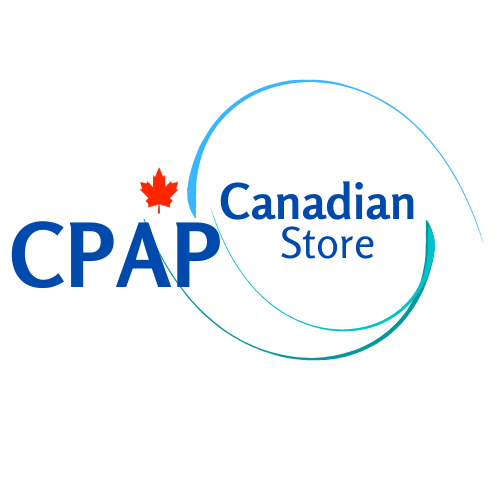Choosing the right CPAP mask is crucial for effective sleep apnea therapy and overall comfort. Different types of CPAP masks have their own strengths and weaknesses, and understanding these can help you make an informed decision. In this guide, we will explore the strengths and weaknesses of the three main types of CPAP masks: nasal masks, nasal pillow masks, and full-face masks.
Nasal Masks
Nasal masks cover the nose from the bridge to the upper lip, providing a secure and comfortable seal for nasal breathing. They are ideal for users who breathe primarily through their nose.
Strengths
- Comfortable Fit: Nasal masks provide a comfortable fit for many users, distributing pressure evenly around the nose.
- Good Seal: These masks generally provide a good seal, which helps prevent air leaks and ensures effective therapy.
- Less Intrusive: Compared to full-face masks, nasal masks are less bulky and intrusive, making them easier to adjust to.
Weaknesses
- Not Suitable for Mouth Breathers: Nasal masks are not ideal for users who breathe through their mouth unless used with a chinstrap.
- Possible Nasal Congestion: Users with frequent nasal congestion may find it difficult to use nasal masks effectively.
Nasal Pillow Masks
Nasal pillow masks fit directly into the nostrils, offering a minimalistic and lightweight option for nasal breathers. These masks are ideal for users who prefer less contact with their face.
Strengths
- Minimal Contact: Nasal pillow masks have minimal contact with the face, reducing the risk of skin irritation and pressure sores.
- Lightweight: These masks are lightweight and unobtrusive, making them ideal for users who feel claustrophobic with larger masks.
- Suitable for Facial Hair: Nasal pillow masks work well for users with facial hair, as they do not require a seal around the nose or mouth.
Weaknesses
- Not Ideal for High Pressure Settings: Nasal pillow masks may not provide a secure seal at higher pressure settings, leading to air leaks.
- Potential Discomfort: Some users may find the direct contact with the nostrils uncomfortable, especially at higher pressures.
Full-Face Masks
Full-face masks cover both the nose and mouth, making them suitable for users who breathe through their mouth or switch between nose and mouth breathing during sleep.
Strengths
- Ideal for Mouth Breathers: Full-face masks are the best option for users who breathe through their mouth, ensuring consistent therapy.
- Good for Nasal Congestion: These masks are suitable for users with frequent nasal congestion, as they allow for mouth breathing.
- Secure Seal: Full-face masks provide a secure seal, even at higher pressure settings, reducing the risk of air leaks.
Weaknesses
- Bulky and Intrusive: Full-face masks are bulkier and more intrusive than nasal or nasal pillow masks, which may cause discomfort for some users.
- Pressure Points: The larger surface area of full-face masks can create pressure points, leading to discomfort and potential skin irritation.
- Potential for Leaks: Achieving a secure seal can be challenging, especially for users with facial hair or irregular facial structures.
Choosing the Right Mask for You
When selecting a CPAP mask, it's important to consider your breathing patterns, comfort preferences, and specific needs. Here are some tips to help you make the best choice:
- Evaluate Your Breathing Pattern: Determine whether you breathe through your nose, mouth, or both, and choose a mask that accommodates your breathing style.
- Consider Your Comfort Preferences: Think about whether you prefer minimal contact with your face, a lightweight design, or a more secure seal.
- Assess Your Sleep Position: Some masks are better suited for certain sleep positions. For example, nasal pillow masks are ideal for side sleepers, while full-face masks may be better for back sleepers.
- Try Different Masks: Many CPAP suppliers offer mask fitting services or trial periods, allowing you to try different masks to find the one that works best for you.
Conclusion
Each type of CPAP mask has its own strengths and weaknesses. By understanding these differences, you can make an informed decision and choose the mask that best meets your needs. Remember, the right mask is essential for effective sleep apnea therapy and overall comfort. If you have any questions or need further assistance, consult your healthcare provider or CPAP supplier for personalized advice and support.

